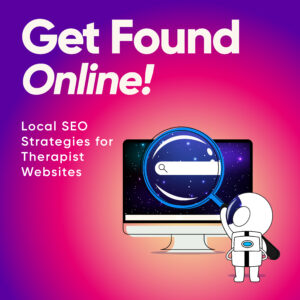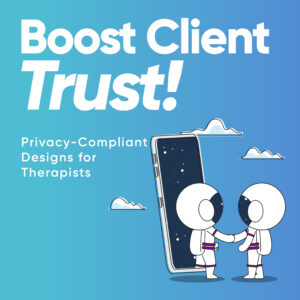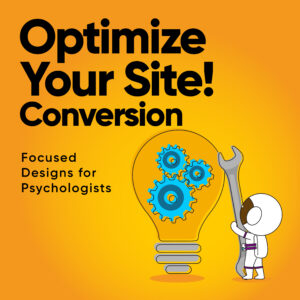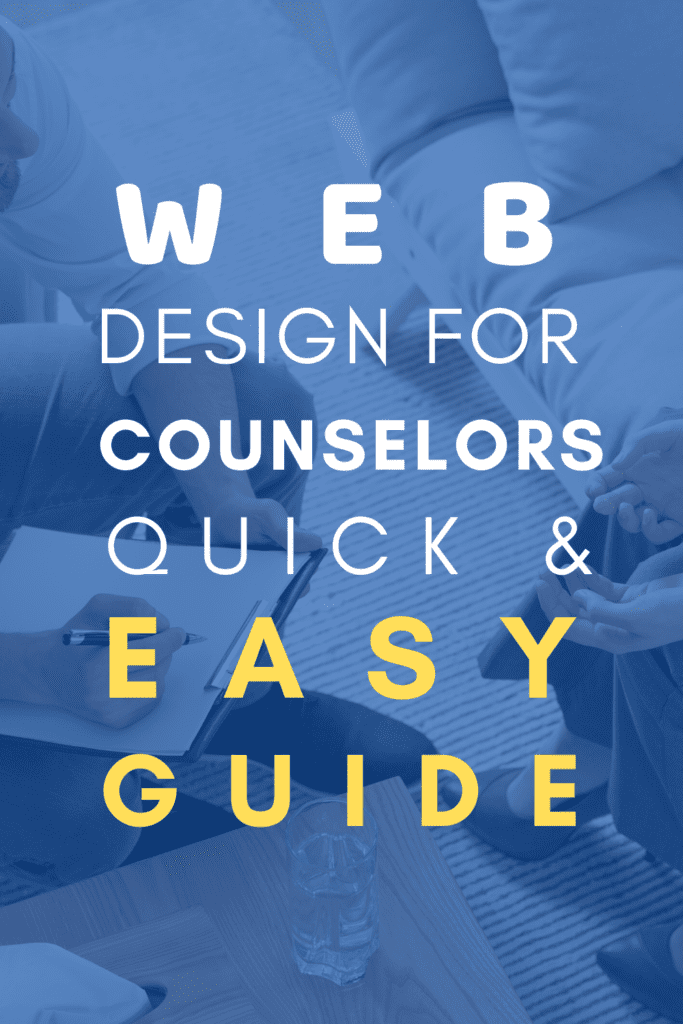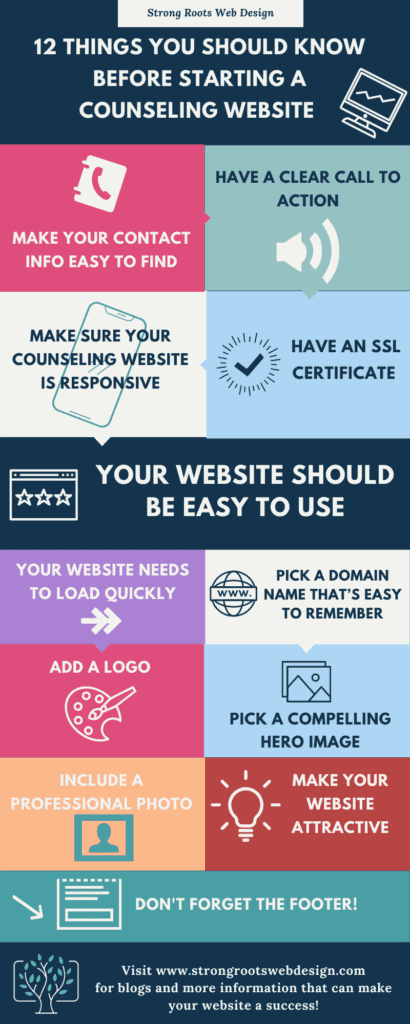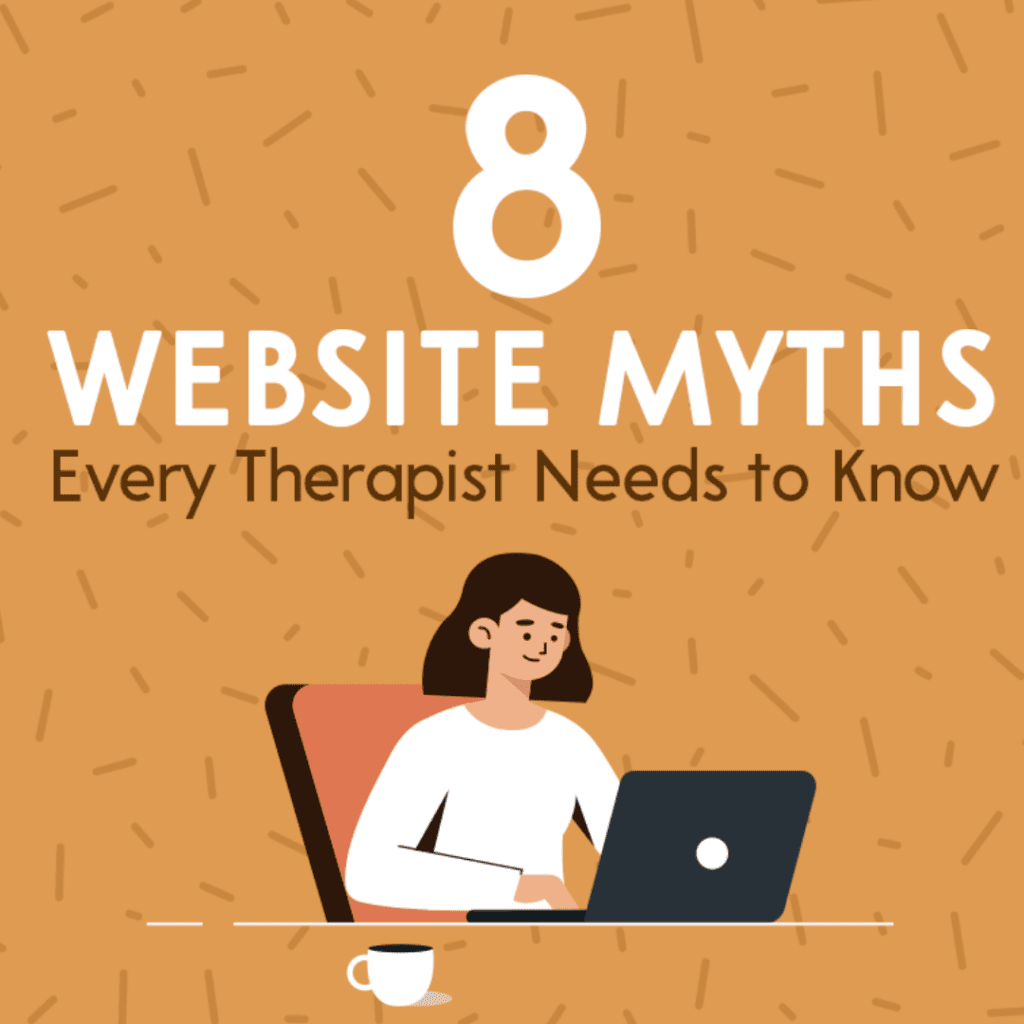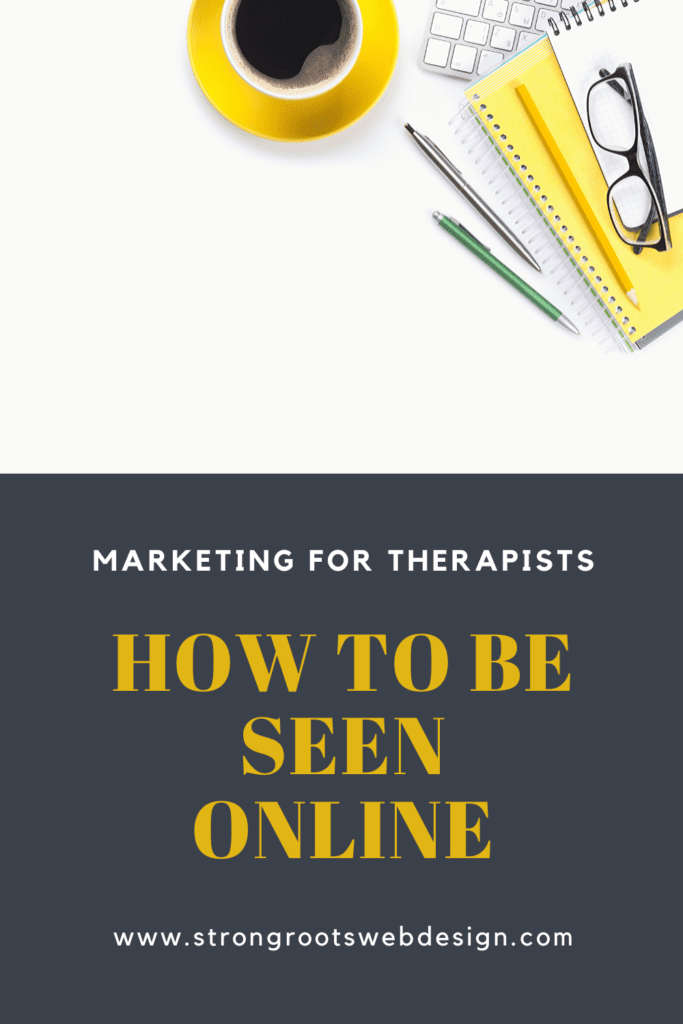
Social Media for Therapists
How to Use Social Media the Right Way for Your Therapy Practice
Social media for therapists can be done in an ethical and effective way. With the world embracing digital media at such a rapid pace, it is quite rare to find a business which does not have an online presence or is not using some form of social media. Also, with all the Covid-19 restrictions, most therapy practices are now offering their services online.
It’s completely understandable that with so many social media platforms available today and new ones coming up ever so often, you may feel a bit confused or even overwhelmed by the number of options.
Also, you may be unsure regarding possible ethical issues which can arise on social media but don’t let that stop you – The web is where a large part of your potential clientele (over 85%) are looking for you. All you need is a professional social media presence and engagement.
Read on to find out the why and the how, the ethical considerations and get more information on the various social media platforms which you can easily use.
WHY SOCIAL MEDIA FOR THERAPISTS?
A strong social media strategy can help you amplify your marketing efforts and ensure you are sharing consistent and valuable content which resonates with your peers as well existing and potential clients.
Keeping it short and simple, essentially there are 2 key reasons for your therapy practice to be on social media:
- Relationship Building
- Increasing reach and website ranking

Relationship Building
Posting reliable, relatable and relevant content can help you build recognition, connect with your colleagues and also showcase your trustworthiness. However, you should ensure that your content does not ever reveal client information.
Ensure you choose:
The right platform – Your audience, whether it is colleagues or clients, will determine the platform you use.
LinkedIn, Facebook, Instagram, Twitter, YouTube, TikTok
The right content – Post content which is useful and closely associated with your therapy business or wellness.
Helpful articles, Interesting quotes, Relevant images or videos
Increase your reach and website ranking

Research shows that in 2020, 3.8 billion people have a social media presence. By posting insightful information on your private practice website or social media platforms, people will see you as the go-to resource for anything to do with mental health and wellbeing. Reposts, shares and likes, all give a social signal and can have an effect on organic search rankings.
Also, with the active use of social media, you increase domain authority and the number of links to your private practice website, giving you SEO benefits. Additionally, social interaction brings targeted and engaged traffic to your website.
ETHICAL CONSIDERATIONS COMMON ON SOCIAL MEDIA FOR THERAPISTS
You now know why you need social media. But remember, ethics and client privacy will always be your top priority. It’s a good practice to create a social media policy document which can be shared not only across all platforms you are active on, but also along with your client-intake form.
The American Psychological Association, in this document, has highlighted some of the most common ethical dilemmas that a therapist can face when using social media. Some of these predicaments include:
- Should you accept a client’s friend request on your personal page?
- Should you use your personal page or create a business page instead?
- When sharing information, can you tell a client’s story without mentioning their names?
- Can you send a private message to a client?
- Can you research a client using their social media handles?
- Can you have a therapy session with a client through private messaging?
- Can you be friends with your client’s families?
Another helpful resource which outlines an ethical framework for the use of social media by mental health professionals is available at Online Therapy Institute. Definitely a must-read!
Bottom line is, use social media to interact on a social level and share information. Set clear boundaries with followers and, when in doubt – don’t post.
HOW TO USE SOCIAL MEDIA
When creating a social media presence, here are two crucial things that you must consider:
- Becoming a Thought Leader in your field. The content you create, and share allows your followers to get to know you professionally and view you as an expert. Social media lets you reinforce your thought leadership within your area of practice.
- Creating a Professional Page for your therapy practice. For example, on Facebook, you can create a Facebook page solely for the practice through your account. You can also open a Twitter business account or an Instagram business account.
To help you leverage social media effectively, consider the following when building and executing a social media strategy for your practice.
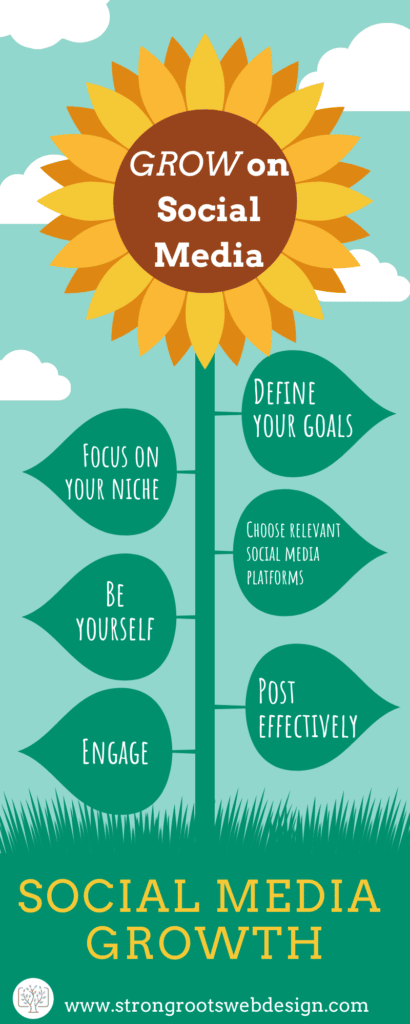
SOCIAL MEDIA PLATFORMS
- Largest social media platform – 2.7 billion users in 2020.
- Create a Business page for your practice (separate from your personal FB profile).
- It’s free and you can manage it from within your normal Facebook account.
- Provideyour practice information and share interesting
- Start having people ‘like’ your page to amplify your social reach.
Share: articles you enjoy, posts filled with facts, insights, and tips for mental wellness, or quotes you find inspiring.

- 1 billion people use Instagram monthly.
- Known for being extremely visual.
- Use it as a branding tool for your therapy business.
- Using hashtags relevant to your niche helps people discover you on Instagram.
- Engage with similar accounts – builds connections and credibility.
Share: fun images, short videos, live sessions, reels

· Limited word limit lets you create concise and crisp content. · Great way to connect with your audience by having mini public conversations. · Read, respond and retweet interesting things you read that are loosely relevant to your therapy niche. Share: articles, words of wisdom, insights on trending topics |

- Business-oriented social networking service
- Create a Company page (similar to Facebook’s Business page).
- Use LinkedIn to connect with other professionals in your industry and location
- Join groups that are related to your practice and engage with other members.
Share: articles (yours and others), comment on posts, establish thought leadership

YOUTUBE
- YouTube is the best platform to share video content.
- Helps your viewers relate to you – an effective tool in building trust.
- Engage with your followers by responding to comments.
Share: tips and advice on mental health/trending topics, demystifying myths, awareness campaigns

TIKTOK
- Popular amongst teenagers and young adults.
- Aim to reduce the stigma around therapy and mental health conditions.
- Since the followers are younger, one needs to be more careful regarding the content.
Share: tips and advice managing anxiety, social issues, mindfulness, awareness campaigns

There are many ways to use Social Media!
You don’t need to use all these social media platforms. As a best practice, the social media platform that best suits you should align with your practice niche, your clients and your end goal. For instance, if you cater to a younger audience, Instagram, TikTok and YouTube are great channels to showcase your thoughts via images and videos. A slightly older and more mature audience will be likely to find you on Facebook, Google+, Twitter or LinkedIn
It’s important to keep all the ethical considerations and your client’s privacy as your top priority. Once you have that figured out, start sharing creative, constructive and consistent content which supports your specialization.
Did you like this post? Share it!
Related Reads for Driving Traffic/ Marketing Your Private Practice:
- Therapy Business Tips: How to Drive Traffic to Blog for FREE
- Marketing for Therapists: How to be SEEN online
- Content Marketing for Therapists: The Ultimate Guide
- Website with Social Media Integration for Therapist Websites
- Drive Traffic to Your Website by Blogging
- Start Social Media Success with Low Cost Tools for Small Businesses
- Social Media Marketing for Therapists: Content Prompt Ideas
- 6 Smart Strategies for Marketing your Private Practice
- 7 Ways on How to Hook a Reader From Start to Finish
- Traffic but no sales or clients? Here are 5 Possible Reasons.
- Social Media For Therapists – Increasing Reach and Website Ranking
- Best Ways to Drive Traffic to Your Blog
- Top 10 SEO Web Work Services for Boosting Your Website’s Visibility
- Is It Worth Making a Website for a Small Business?
- Why Help with Website Design Can Improve Your Practice
Need any of the following? Contact us!
Here are some Sample Websites We’ve Created:
- Non Profit Organization Website Design
- Examples Of Online Therapy Websites
- Group Practice Website Design
Check out our Portfolio for more!
Hi! I’m Sarah.
I help counselors and therapists have a bigger impact on the world through better client connection. I do this by creating beautiful visuals and strategically designed websites.







